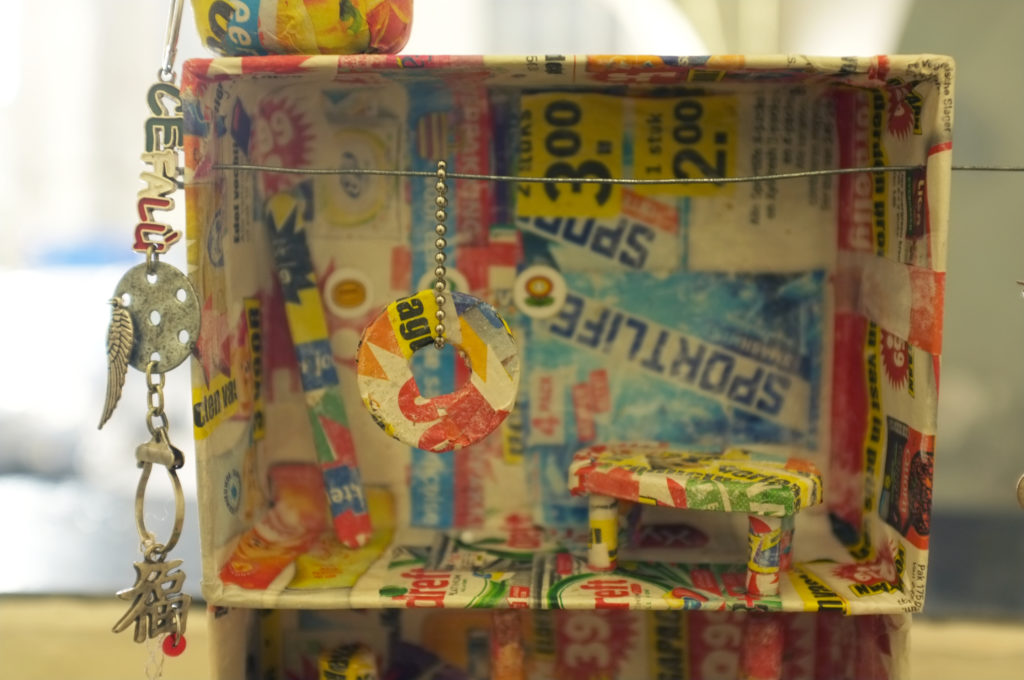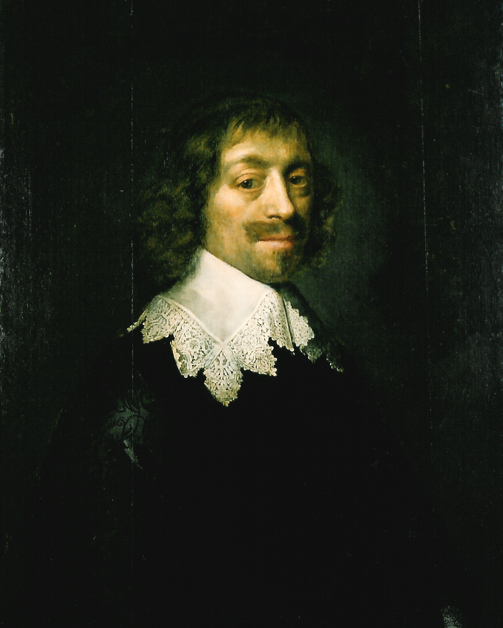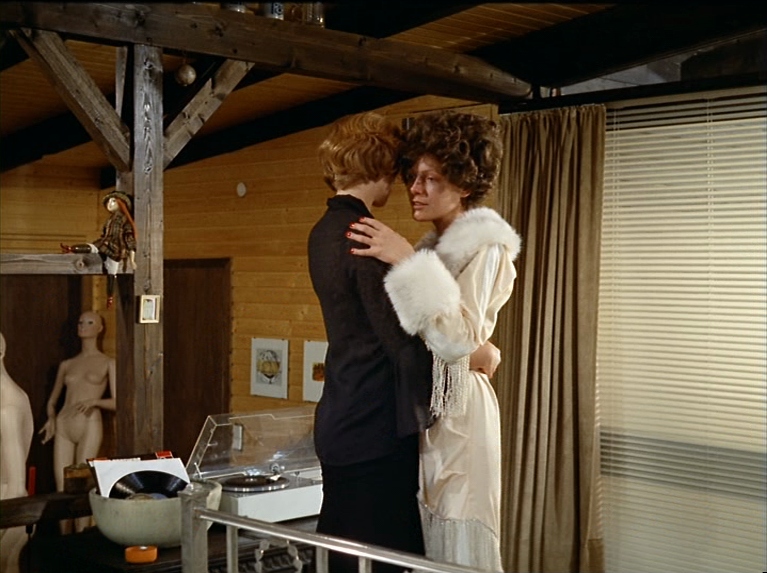
On Material Kinship: Fossilised Lives, Queer Plastics & Jewellery Magic
Lecture Synopsis: Clementine Edwards will present a poetic essay that introduces her artistic research material kinship and trace its ‘family’ lineage, which predates both her gold and silversmithing studies and her own birth. Material kinship is interested in complicating notions of kinship beyond the normative or biological, and complicating notions of material beyond the non-sentient.
Clementine Edwards is a Rotterdam-based artist whose practice is led by sculpture. Her work looks at how certain experiences and relationships might be enriched and expanded through material, and at the reproductive potential of non-sentient materials. Her ongoing research line is material kinship, which she locates in the context of climate colonialism. Despite ‘difficult’ subject matter, her artworks invite intimacy via detail, story, and precariousness. In 2021 Clementine will publish The Material Kinship Reader,co-edited with Kris Dittel. clementineedwards.com

